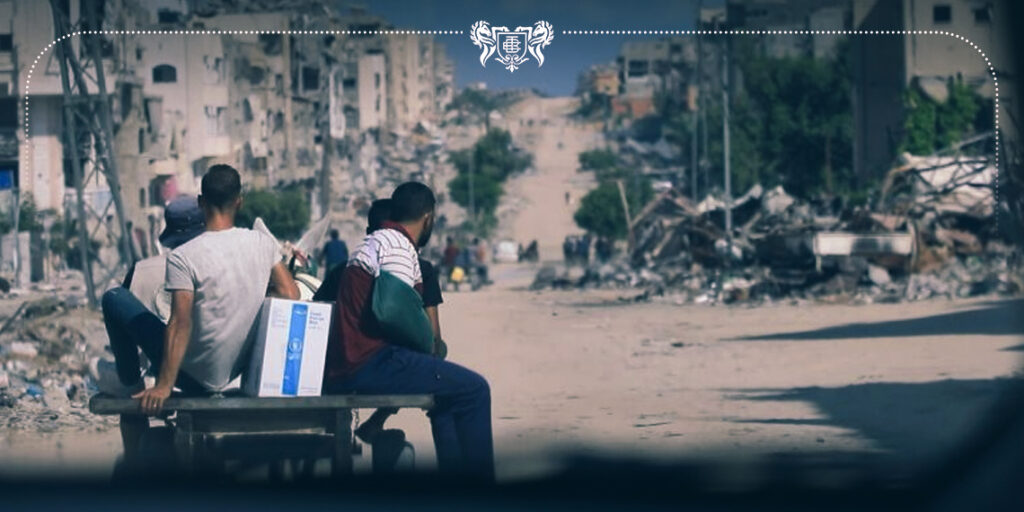The United Kingdom has voiced strong opposition to a proposed Israeli law that would cut all cooperation with the United Nations Relief and Works Agency (UNRWA), a humanitarian agency that provides essential aid to Palestinian refugees in Gaza and the West Bank.
Both Foreign Secretary David Lammy and Middle East Minister Hamish Falconer stressed that UNRWA should continue its operations, warning that the legislation could harm Israel’s international reputation as a democratic state.
This comes as the Israeli Knesset prepares to vote on the bill that would strip UNRWA of its privileges and immunities in Israel.
The UK’s concerns highlight the broader implications of UNRWA’s role in stabilizing the region. Lammy called on Israel to honor its international commitments, noting that UNRWA’s continued presence is vital for ensuring food, water, medical care, and other critical resources reach Palestinians in need.
This proposed legislation follows increased criticism within Israel after October 7th, when allegations surfaced that certain UNRWA staff members were sympathetic toward Hamas. Nine UNRWA employees were subsequently terminated after a thorough investigation, but other claims persist regarding Hamas’s alleged use of UNRWA facilities in Gaza.
In a joint statement, the UK joined six other nations—including Canada, Australia, France, and Germany—urging Israeli Prime Minister Benjamin Netanyahu to prevent legislation that could block UNRWA’s critical humanitarian work.
The countries emphasised that UNRWA has actively pursued internal reforms since an independent review in April 2024, demonstrating its commitment to neutrality and alignment with its mandate.
Lammy and his counterparts also pointed out that UNRWA’s ongoing reforms are a priority for ensuring compliance with international humanitarian standards.
Minister Hamish Falconer reiterated the UK’s concerns at the recent Haaretz conference in London, where he warned that halting UNRWA’s work could severely impact Israel’s international image.
Falconer emphasised that the organization’s work is especially vital now, given the escalating humanitarian needs in Gaza. Blocking UNRWA’s access to vulnerable populations would not only disrupt the delivery of food, water, and medical supplies but could also strain Israel’s global relationships.
Despite allegations stemming from October 7th, many countries, including the UK, have resumed funding to support UNRWA’s mission.
The United States, however, remains UNRWA’s largest single donor, but it has yet to restore contributions. Founded in 1949, UNRWA currently employs about 13,000 individuals in Gaza and has long been central to providing aid to Palestinian refugees.


